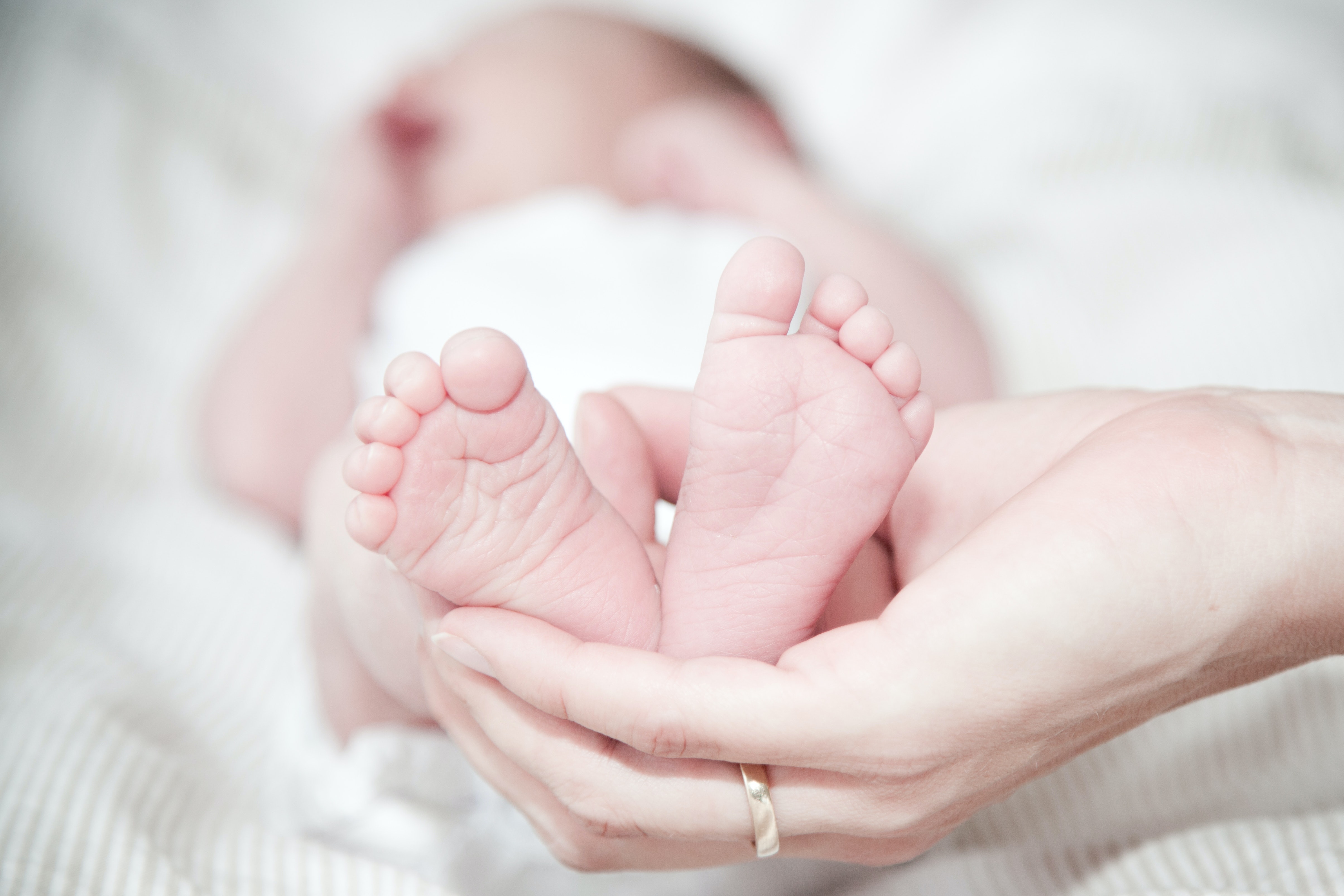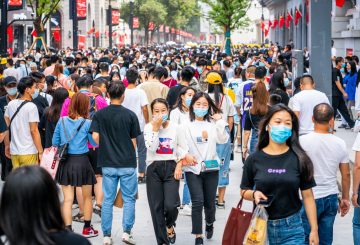South Korea has recorded the world’s lowest fertility rate.
Recently released government data show the nation’s fertility rate has dropped to 0.81 babies per woman.
It is the sixth year in a row the rate has declined. It fell to less than one child per woman in 2018.
Countries generally need a fertility rate of 2.1 to maintain a stable population without increasing immigration.
The average across the world is 1.6. But, no major country other than South Korea is below one child, reported the BBC.
In 2020, the number of deaths exceeded the number of births for the first time.
The dropping rate has caused concerns of a potential economic and social crisis because of the large number of older people with fewer younger people to support them.
An ageing population means there are higher healthcare and other costs but a lower tax income to balance this spending. It also means the country could experience a shortage of workers.
By 2026, the elderly could make up 20 per cent of Korea’s population. The working population could drop by a third over the next 30 years.
A tough employment market, unequal pay, high costs of living and raising children, and difficulty in returning to well-paid work after having kids have all been cited as factors in Korea’s low birth rate.
In 2021, the interior ministry in Seoul called for “fundamental changes” to address the country’s demographics.
Koreans now receive a bonus of 2 million won ($2407) for each child as well as 300,000 won ($361) every month for the first year of the child’s life.






























































